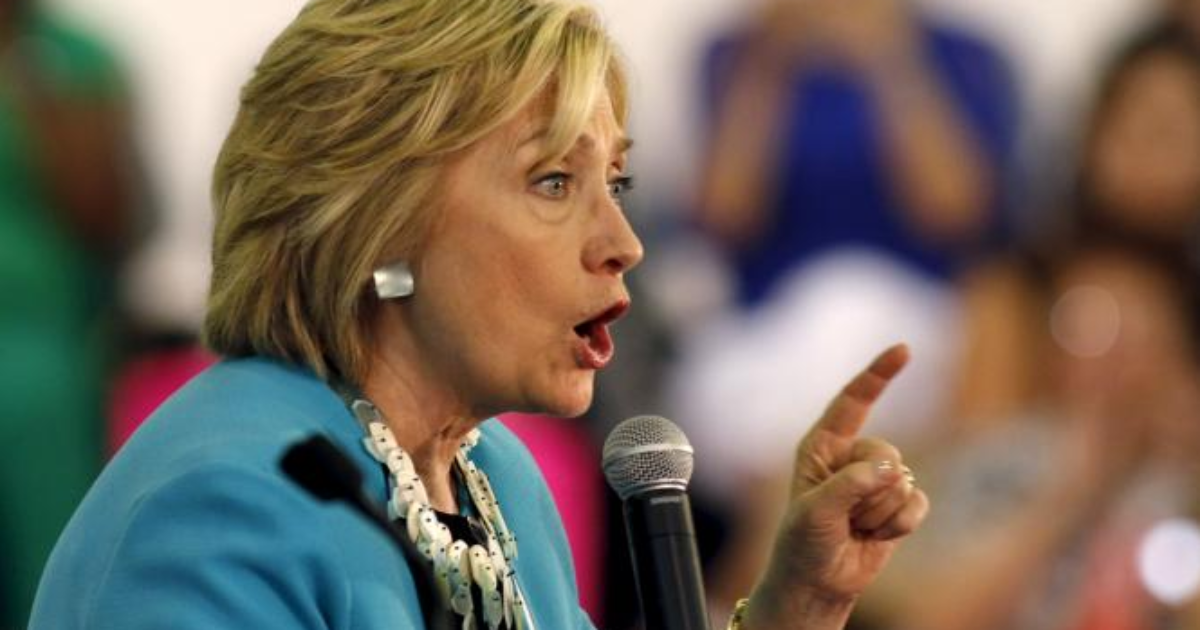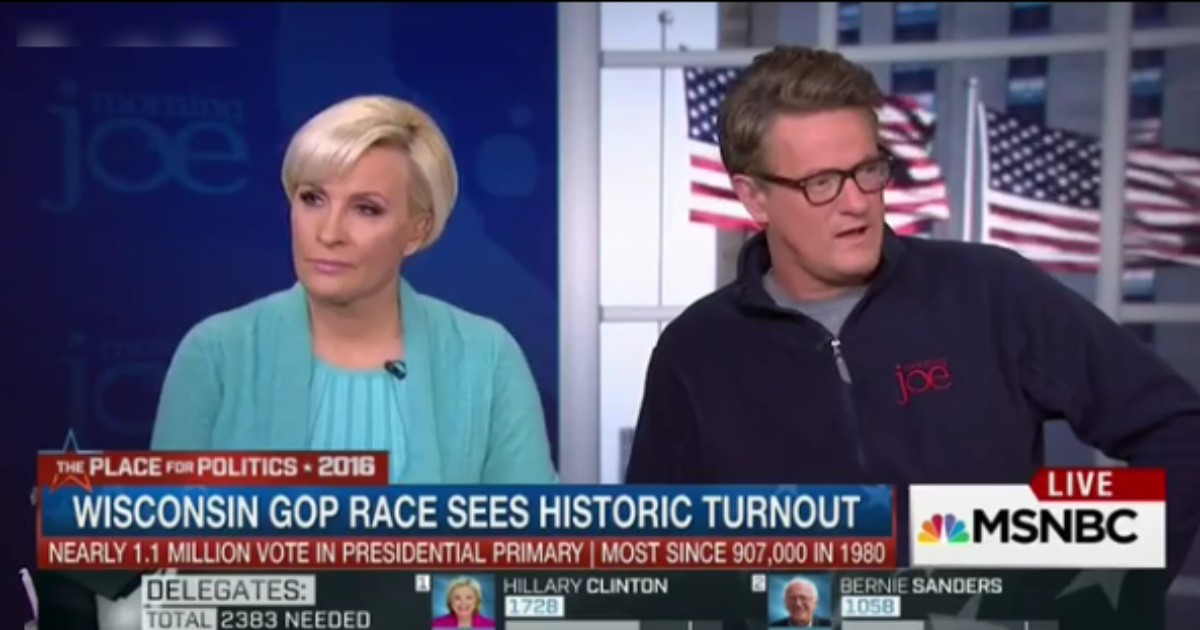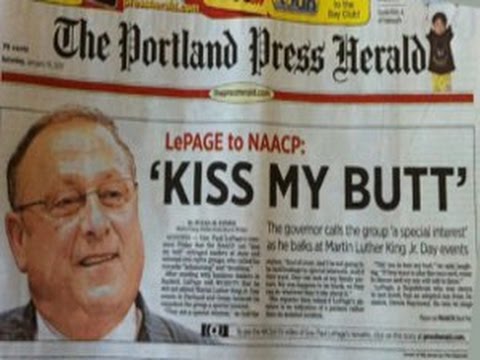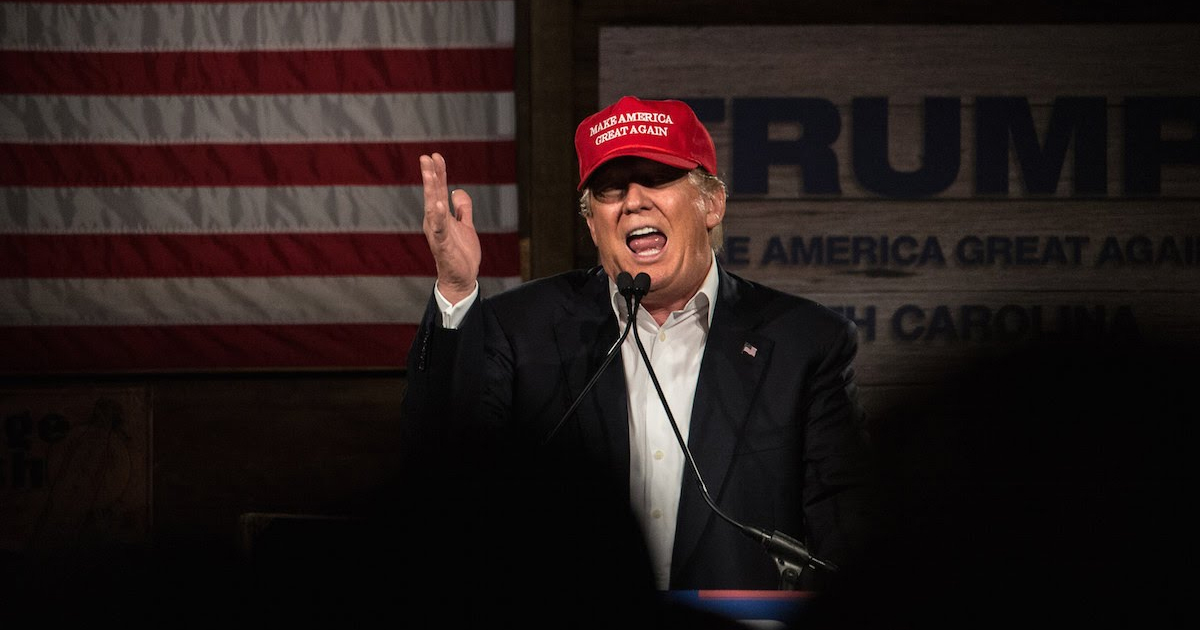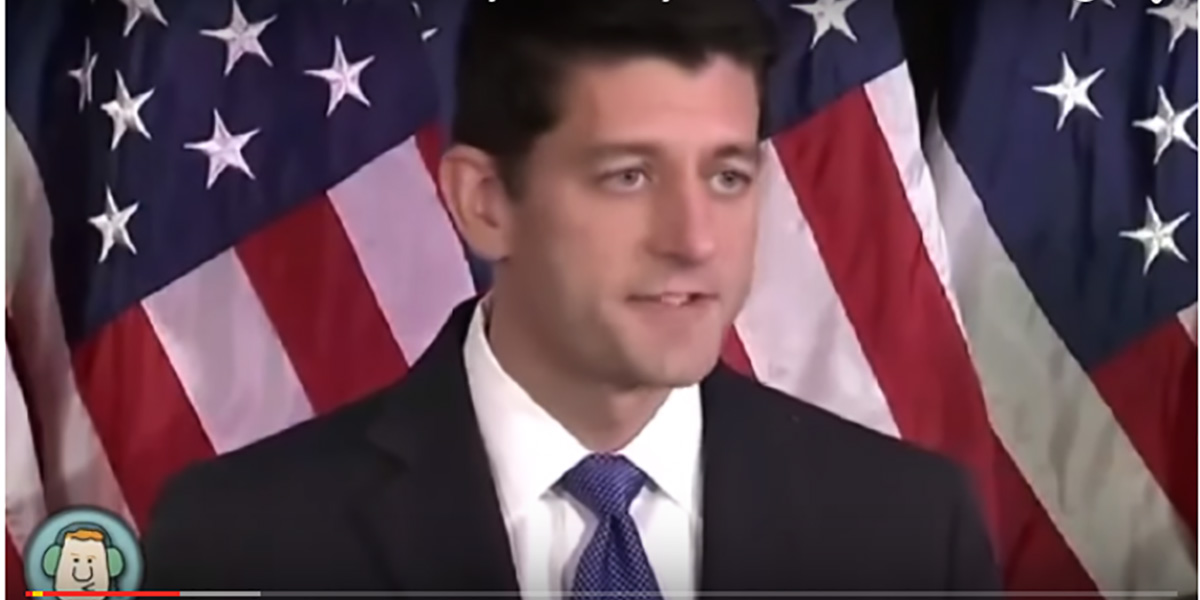Though DNC chair Debbie Wasserman Schultz wishes that independent voters would have no say in choosing the Democratic candidate, the wishes of independent voters in this election could prove to be pivotal come the general.
In an article published on Tuesday, the Wall Street Journal looked at recent polls of independent voters concerning the Democratic race. The article discovered that the rate of favorables for Clinton among unaffiliated voters was relatively abysmal, and sinking even further as the race wages on.
Thus far, a great deal of independent voters who lean Democrat have overwhelmingly supported Bernie Sanders, helping the underdog candidate to perform better – and even win – in states with open primaries. It is in states that bar these voters from casting a ballot where Clinton tends to shine.
The Wall Street Journal poll found that in the last four months, Clinton’s favorability rating among independent voters has dropped 15 percent. A poll in April discovered that 62 percent of independent voters had an unfavorable view of the Democratic frontrunner while only 20 percent viewed her favorably.
If Sanders drops out and Clinton becomes the Democratic nominee, will these independent voters change their mind about the Democratic candidate, or will they seek their unique political needs in a different sort of outsider? 67 percent of independents view Trump unfavorably, just a 5 percentage difference between how they feel about Clinton. It seems as if this free-range vote could go either way.
Independent voters, whether Democratic elite want to acknowledge it or not, will be an important element of this election. Rather than wishing they would disappear, Wasserman Schultz and others like her need to take a close look at the wants and needs of the growing political demographic in America.

